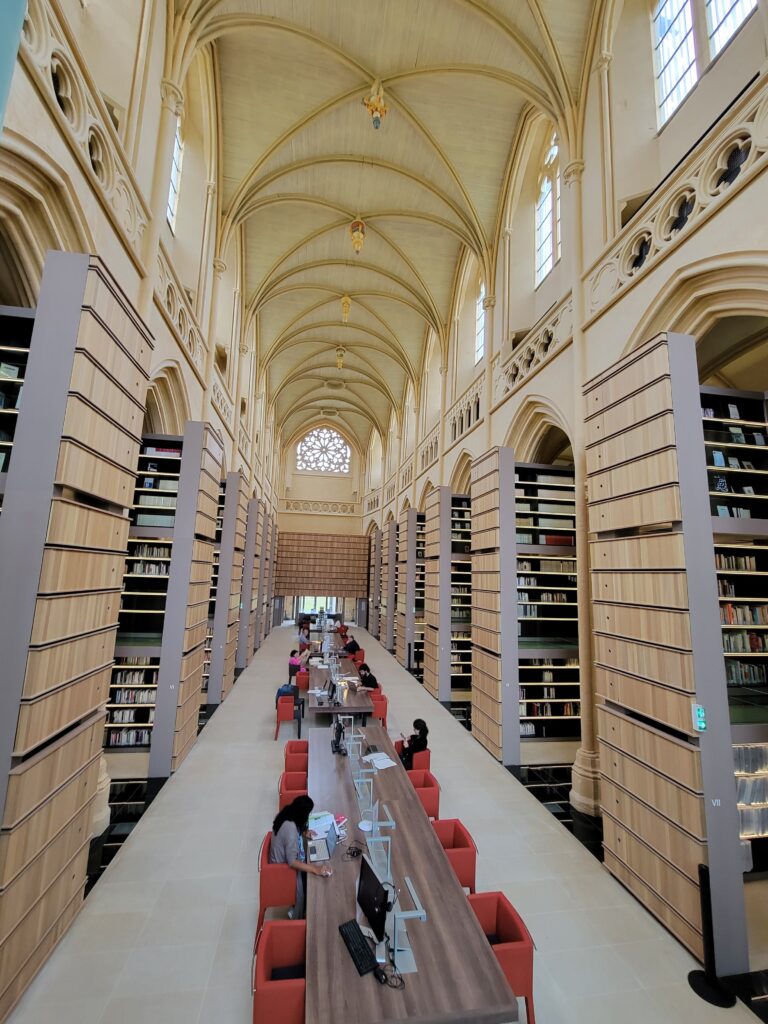Armand Ajzenberg, Huges Lethierry Lónore Bazinek. 2011. Maintenant Henri Lefebvre: Renaissance de la pensé critique. Paris: L’Harmattan.
Henri Lefebvre. 2007. Le Coeur Ouvert. Extraits. Poésies suivi de Henri Lefebvre, Témoin de son siècle by Georges Gusdorf. Navarrenx France: C.H.AR. Cercle Historique de l’Arribère.
Pierre Ganas with Marc Cazalets. 2005. Henri Lefebvre 1901-1991: Philosophe mondialement connu, Pyrénéen ignoré. Navarrenx France: C.H.AR. Cercle Historique de l’Arribère.
Remi Hess. 2009. Henri Lefebvre et la Pensée du possible. Théorie des moments et construction de la personne. Paris: Ed. Economica. Serie Anthropos.

While I’m still anticipating the release of Lefebvre’s other literary works by the Cercle Historique de l’Arribère and others a brief survey of recent French reflections on Lefebvre’s demonstrates that the generation that struggled to keep Lefebvre’s name alive in France through the 1990s and 2000s has made their own mark on critical thought. The contribution of these volumes underlines the complexity of Lefebvre’s oeuvre. The previously unpublished text Le Coeur Ouvert (1952-56) provides some insight to the poetry that also appears in his theoretical texts. During the difficult decade of the 1950s when Lefebvre broke with the Parti Communiste Français over its Stalinism, he experimented with poetry and theatre (Le Maître et la Servante 1953) as well as autoethnographic biography (Le Somme et le reste 1959) to reimagine and re-express his previous preoccupations with Marxist theory.
The poems of Le Coeur Ouvert remind one of the songs of medieval troubadours. Both romance and courtly love complicate the companionship of women. This is a central preoccupation Lefebvre struggles with as if trying to find a non sexist masculinity from which to negotiate relationships with the feminine. This problem of love reappears, often unresolved, sometimes with an out-of-context quality in his sociological and philosophical writings.

More of Henri Lefebvr’es unpublished literary works will begin to circulate as his notes and letters are made avaialble at the Institut Mémoires de l’édition contemporaine (IMEC).
-Rob Shields (Univ. of Alberta)
